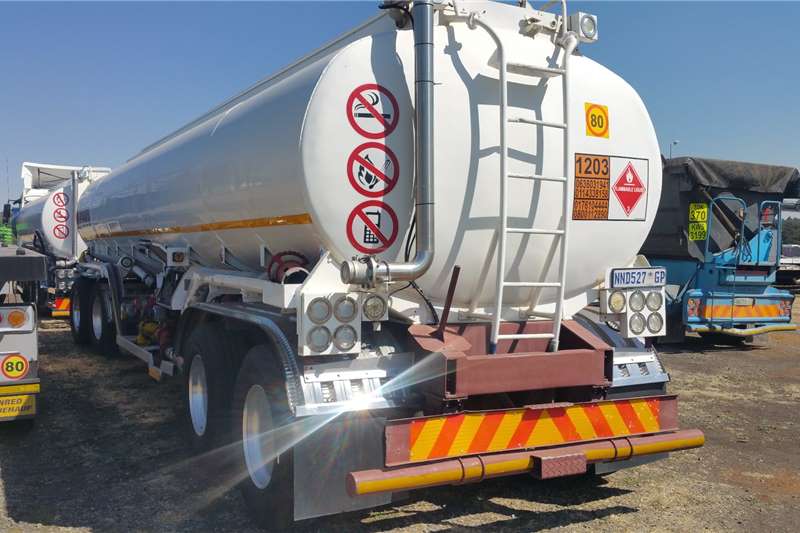
BY TAURAI MANGUDHLA/PRIVELEDGE GUMBODETE A FUEL crisis is looming as major dealers say they are struggling to stock up because of foreign currency shortages, which they say are threatening their viability.
Fuel dealers say they may be forced to halt operations as the country buckles under a foreign currency crunch.
Some of the major fuel players reportedly facing serious challenges are Total, Engen, Puma, Zuva and Glow Petroleum.
The forex shortages are causing delays in making telegraphic transfers (TTs) for fuel purchases, officials said.
This has given rise to corruption as smaller fuel players under the Direct Fuel Import (DFI) Group and fuel smugglers are now taking advantage of the situation.
One chief executive of a major fuel dealer, who refused to be named, said: “We are failing to quickly import fuel because our TTs take forever to get cleared, and the fuel prices keep changing every week. We were struggling when we sold fuel in local currency and had to wait for the Reserve Bank of Zimbabwe to give us foreign currency.
“At that time, we went for weeks without fuel, yet we had to pay rent and our staff. That is the reason Caltex, Shell and Mobil left this country. We are in trouble.”
Energy ministry secretary Gloria Magombo said her office was investigating the matter.
- Chamisa under fire over US$120K donation
- Mavhunga puts DeMbare into Chibuku quarterfinals
- Pension funds bet on Cabora Bassa oilfields
- Councils defy govt fire tender directive
Keep Reading
“We would need to understand why there are these frequent stock-outs together with the Zimbabwe Energy Regulatory Authority (Zera), and thereafter, I can give you a comprehensive report,” she said.
The smaller indigenous fuel players under the DFI Group are said to be paying hard cash upfront for supplies.
DFI Group secretary-general Bart Mukucha said fuel supply routes had largely remained normal despite the war in Ukraine.
“The Zimbabwe forex auction had no money from the beginning and doesn’t create money. It only allocates the little that’s there. We find money elsewhere and our plan is to get funding from the diaspora. We then convert it to fuel,” Mukucha said.
He said DFI also had credit lines.
Meanwhile, in its weekly report, the Zimbabwe Coalition on Debt and Development (Zimcodd) said the local currency market for fuel was now extinct as the fuel sector had fully dollarised.
“The publishing of Zimbabwe dollar prices of fuel in Zimbabwe is now ceremonial as this ZWL fuel market has become extinct. The fuel sector has fully dollarised thanks to the introduction of the DFI scheme by the Reserve Bank of Zimbabwe in 2019 at the peak of fuel shortages in Zimbabwe, which saw motorists in long winding fuel queues,” Zimcodd said.
“The energy regulator (Zera) should always strive to strike a balance between the affordability of fuel and profit margins of businesses, not the current set-up that is disproportionately tilted towards the latter. Also, the government should further reduce taxes and levies it is collecting on imported fuel,” Zimcodd added, while urging government to come up with investor-friendly policies that promote oil and gas exploration and full-swing petroleum mining.
- Follow us on Twitter @NewsDayZimbabwe











